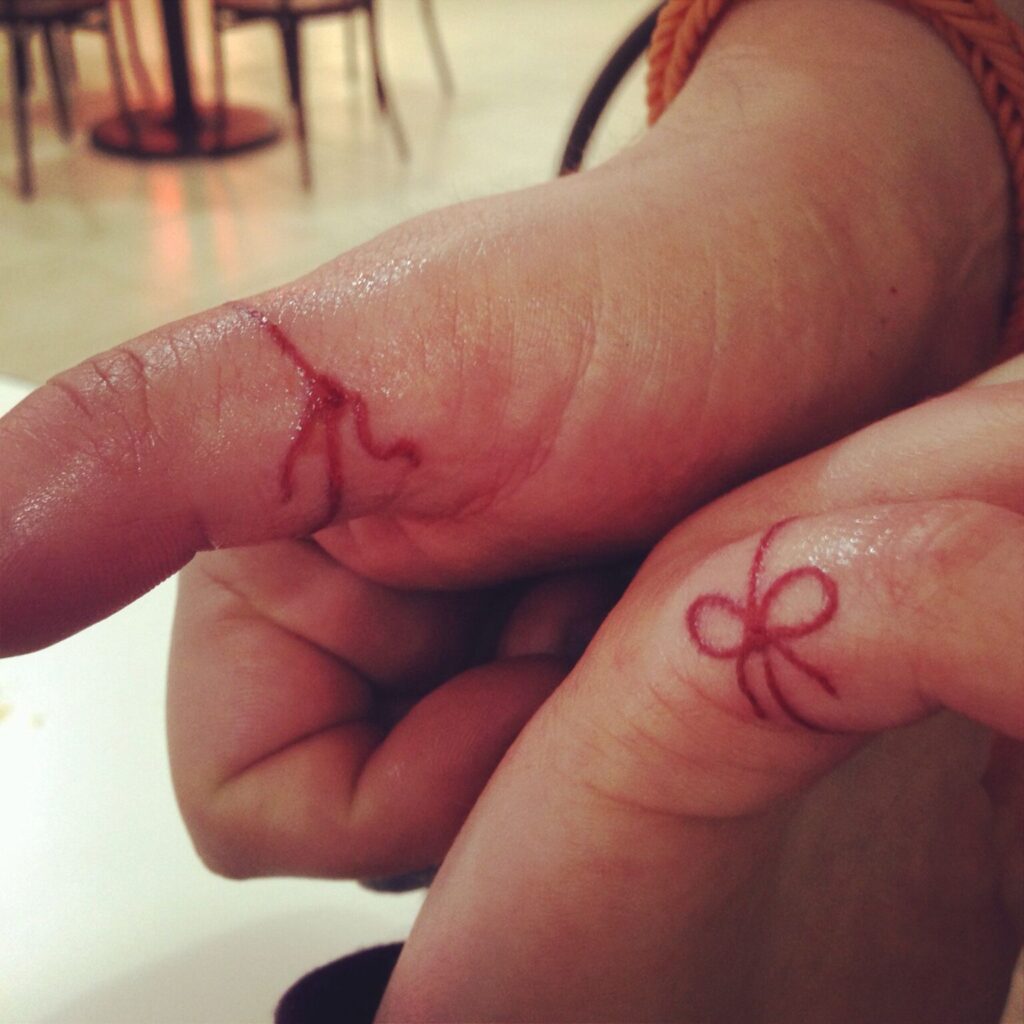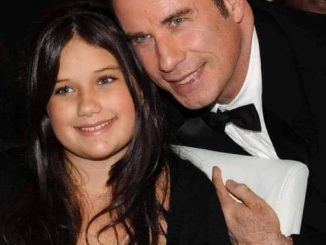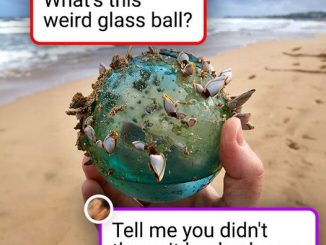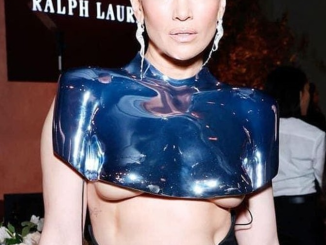
A lot of big, tragic and important things have happened to this wonderful country of ours since April 2014. None of which I have covered. I was too busy writing about hungover parenting, ancient philosophy and my dog Colin.
Out of the 536 columns I have written, 27 were about that guy. Far too few. He is such a good boy, he deserves an article a week.
Today is the end of an era for me, and whenever these final events pop up in our lives, we can’t help but think about the ultimate end.
Everything we do, we will one day do for the last time. That’s why you have to enjoy things while they are around. It’s not just big events like leaving a job, house or loved one either. Whatever moment you happen to be in now, you will never get it back, and you don’t know how many more you have.
Everything we do in life, from eating pizza to spending time with the people we love, to driving, writing, drinking or breathing, we will one day experience for the final time. It might happen tomorrow. This can be either a depressing or an inspiring thought, depending on how you look at it.
A few years back in this column, I interviewed professor of philosophy William B Irvine, of Wright State University, Ohio, on this very topic. He put it this way on a Zoom call: “Recognition of the impermanence of everything in life can invest the things we do with a significance and intensity that would otherwise be absent. The only way we can be truly alive is if we make it our business periodically to entertain thoughts of the end.”
Today’s column is very meaningful to me because it is my last. Like the last night with a lover before she goes overseas. And just like a lover, there have been some half-arsed efforts put in from me over the years. Last week, for example, I spent 750 words moaning about how bad my cricket team is. But the truth is that any of my columns could have been the final. If I had reminded myself every week for the past 10 years that the end is inevitable, I may have been more grateful for having a column and appreciated writing them all as much as I am this one.
While everything we do could have more meaning with a focus on finitude, some things are inherently more worthwhile than others. There is no doubt my column “The pros and cons of wearing Speedos” from November 2022 was less meaningful than most things in this world. That was a waste of everyone’s time. So, if we only have so much time, how do we pick the best things to do?
Well, Oliver Burkeman, the author of Four Thousand Weeks – Time Management For Mortals, suggested this to me in a 2022 column: “Ask yourself, does this choice enlarge me? You usually know on some unspoken level if it does. That’s a good way to distinguish between options.”
With that in mind, I don’t feel great about my 2018 article on “New Zealand’s best hole”. That didn’t enlarge anyone.
There will be people reading this column right now who have loved my writing in the Herald and are sad to see it end. Others will have hated it and are glad to see me go. Many won’t have any opinion at all. But for those in the first camp, I have good news. I have a book coming out on May 28 called A Life Less Punishing – 13 Ways To Love The Life You Got (Allen and Unwin Book Publishers). It’s a deep dive into the history, philosophy and science of not wasting our time lost in anger, loneliness, humiliation, stress, fear, boredom and all the other ways we find to not enjoy perfectly good lives. It’s available for pre-order right now (google it if you’re interested).
A Life Less Punishing took me two years to write and is equivalent in words to 100 of these columns. Which would be a complete nightmare for those in the hate camp, but as I say, great news for those who want more.
Anyway, thanks to the Herald for having me, thanks to the lovely people who make an effort to say nice things to me about my column nearly every day and thanks to the universe for every single second we get.
Bless!
If You See Someone With This Tattoo On Their Hand, Here’s What It Means

The meanings that various people attach to their tattoos and other body art can vary greatly. Certain places celebrate things that other places wouldn’t tolerate.
For instance, a sigil or symbol that has significant meaning in one location may appear to be a collection of haphazard squiggles in another.
It’s probably reasonable to assume that for as long as humans have existed, people have used their appearance to express themselves and transmit messages.
You most likely don’t live on an isolated island because tattoos are a common sight for most individuals. While certain designs, like those that tell stories or adhere to traditions, may be ridiculous and ones they wish they hadn’t purchased when they were younger, others may have profound, significant meanings.
I find it really interesting when I see the same tattoo on multiple people, even though you might not agree. To put it another way, I’m instantly curious about the meaning behind the tattoo and the reason the owner wants to live a lifetime with it on their body.
Over the years, I’ve heard numerous stories about the “red string of fate” from people, but I’ve never taken the time to investigate them.
The little red tattoo may be recognizable to a few of our readers, but most people who have seen it previously are probably unaware of its meaning.

I had noticed the same thing on a couple other people. Still, more than enough to detect a pattern. Though I wasn’t sure what this symbol meant, I knew it meant something.
I looked up more information regarding the aforementioned red string tattoo online. It is referred to as the “red string of fate” in Asian nations.The tattoo resembles a straightforward bow with tails, like to a knotted shoelace. It typically appears on the thumb of men and the pinky finger of women.
There’s more to this little tattoo than meets the eye. It is related to hope and love. The story is allegedly adapted on a Chinese folktale about a matchmaker who has the ability to predict the destiny of every individual.
The notion that someone is supposed to be your partner is, of course, not exclusive to romantic partnerships. In a similar vein, virtually every culture holds the belief that you are connected to someone via an invisible relationship.
The crimson thread of fate in this instance indicates that two individuals are destined to be together regardless of their current circumstances or location. For some, that is a comforting and consoling concept. However, other people probably want to have total control over their own life.
Which camp are you in? Has anyone ever seen a person who has a tattoo of the red string of fate?
Please SHARE this post with your loved ones and leave a com



Leave a Reply